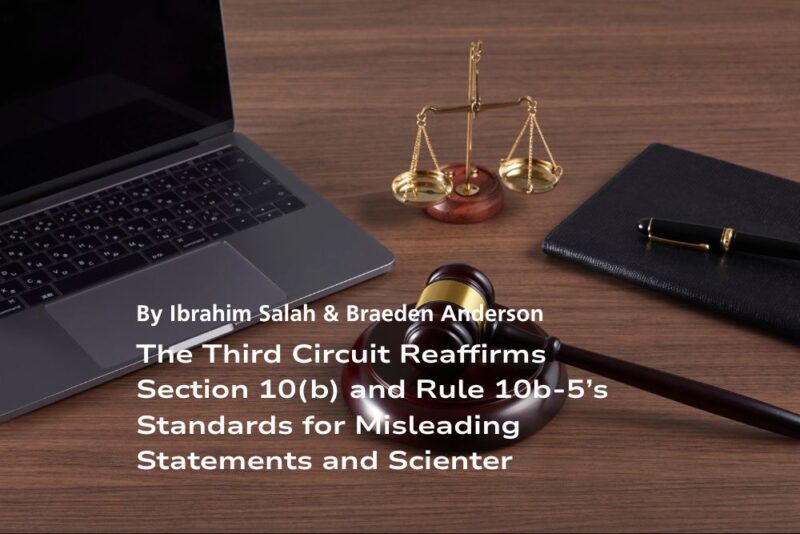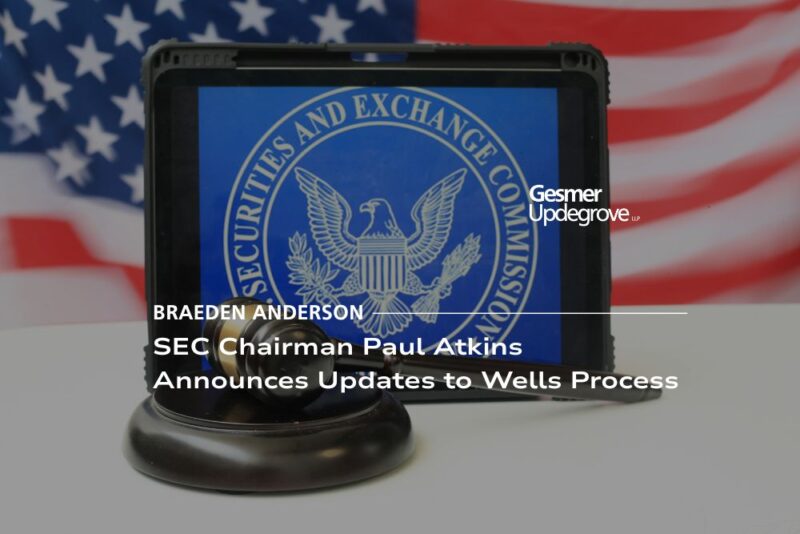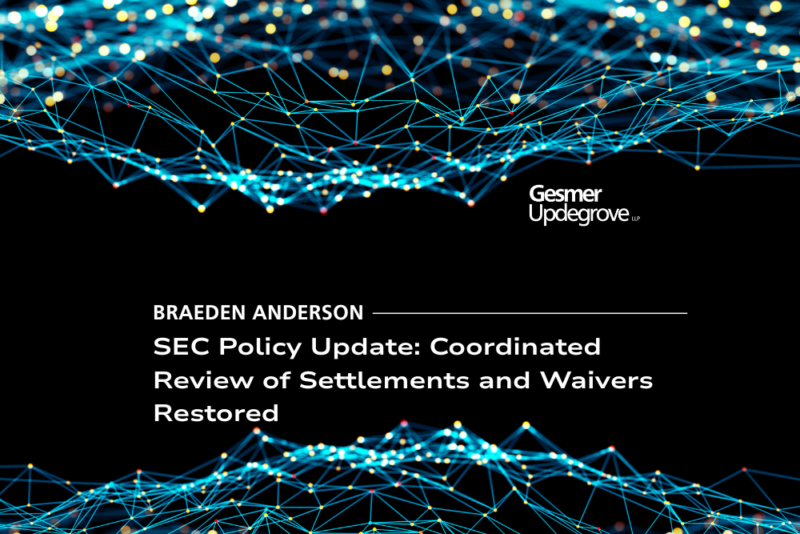
On January 21, 2025 (the “Effective Date”), President Trump issued an executive order entitled “Ending Illegal Discrimination and Restoring Merit-Based Opportunity” (the “Executive Order” or “EO”). This Executive Order significantly changes federal contractors’ compliance obligations under federal law. While there is much uncertainty about how courts will interpret these provisions and which parts of the Executive Order will survive legal challenges, it is imperative for federal contractors to understand how to navigate this new and changing landscape.
The Executive Order’s Newly Created Obligations
The Executive Order creates several new obligations. Specifically, it:
- Revokes certain previously existing executive orders and memoranda, including Executive Order 11246, signed by Lyndon Johnson on September 24, 1965. EO 11246 required federal employers and businesses with federal contracts totaling more than $10,000 to take “affirmative action” to ensure that employees were treated “without regard to their race, color, religion, sex or national origin”;
- Orders the U.S. Department of Labor’s Office of Federal Contractor Compliance Programs to “immediately cease” (i) promoting diversity, (ii) holding federal contractors and subcontractors responsible for taking “affirmative action,” and (iii) allowing or encouraging these contractors to engage in workforce balancing based on race, color, sex, sexual preference, religion or national origin;
- Requires federal agencies to include in every contract or grant award (i) a term requiring the contractor or grant recipient to agree that its compliance (in all respects) with all applicable federal anti-discrimination laws is material to the government’s payment decisions for purposes of the False Claims Act (31 U.S.C. § 3729), and (ii) a term requiring the contractor or grant recipient to certify that it does not operate any programs promoting diversity, equity and inclusion (“DEI”) that violate any applicable federal anti-discrimination laws;
- Directs the Attorney General to submit a report to the Trump Administration by May 21, 2025, with recommendations on how to “encourage the private sector to end illegal discrimination and preferences, including DEI” by (i) identifying key private sectors of “concern” for each federal agency, (ii) identifying civil compliance investigations of corporations (both publicly traded and non-profits), foundations and other entities, (iii) identifying litigation appropriate for federal government involvement, and (iv) pursuing potential regulatory action; and
- Mandates that all federal executive departments and agencies terminate operations associated with DEI, including, but not limited to, “preferences, mandates, policies, programs, activities, guidance, regulation, enforcement actions, consent orders, and requirements”.
Notably, the Executive Order does not speak to Section 503 of the Rehabilitation Act of 1973 which prohibits employment discrimination against people with disabilities by federal contractors and subcontractors and requires affirmative action for qualified people with disabilities. Additionally, the Executive Order does not alter obligations of employers under Title VII of the Civil Rights Act of 1964, the Equal Pay Act of 1963, the Age Discrimination in Employment Act of 1967, and the Americans with Disabilities Act of 1990 with respect to nondiscrimination, non-harassment and anti-retaliation.
Contact Us Today With Any Questions:
What Does this Mean for You?
Federal contractors have a grace period of 90 days from the Effective Date to comply with the Executive Order. Federal contractors and grant recipients may maintain DEI programs, but they must certify that such programs do not violate federal anti-discrimination laws or they risk exposure to false claim actions by the federal government or private whistleblowers. Pursuant to the Executive Order, these entities are no longer allowed to “engage in workforce balancing” based on race, color, sex, sexual preference, religion or national origin (the Executive Order does not apply to preferences for veterans of the U.S. armed forces or blind persons protected by the Randolph-Sheppard Act). There is much uncertainty over how any particular court would rule with respect to whether any given DEI program, activity of a federal contractor, or grant recipient violates what is now the new set of federal anti-discrimination requirements.
During the grace period of compliance with the Executive Order, federal contractors and grant recipients should consider reviewing their DEI programs and adjusting them if any might violate the new regulatory scheme while being mindful of compliance obligations with state anti-discrimination law and the above federal employment laws that have not been altered.
Gesmer Updegrove will continue monitoring developments in this area, including whether any guidance emerges with respect to when agencies will begin inserting into contracts and grant awards the new terms outlined above. Most likely, agencies will have their own timeline for implementation and the terms may vary across contract type and agency. In the meantime, if you have any questions about the foregoing matters, or the Executive Order generally, please contact us.
This advisory is for information purposes only, and does not constitute legal advice. If you would like to discuss the impact and status of the Executive Order, please contact David McGlone.
Check Out Our Latest Publications
- PREDICTION MARKETS, SPORTSBOOKS, AND SELIG’S CFTC: A JURISDICTIONAL INFLECTION POINT

- SEC CHAIR OUTLINES PLAN TO BRING CLARITY TO DIGITAL ASSET OVERSIGHT

- CRYPTO TAX: YEAR-IN-REVIEW

- The Third Circuit Reaffirms Section 10(b) and Rule 10b-5’s Standards for Misleading Statements and Scienter

- SEC Chairman Paul Atkins Announces Updates to Wells Process

- SEC Policy Update: Coordinated Review of Settlements and Waivers Restored

